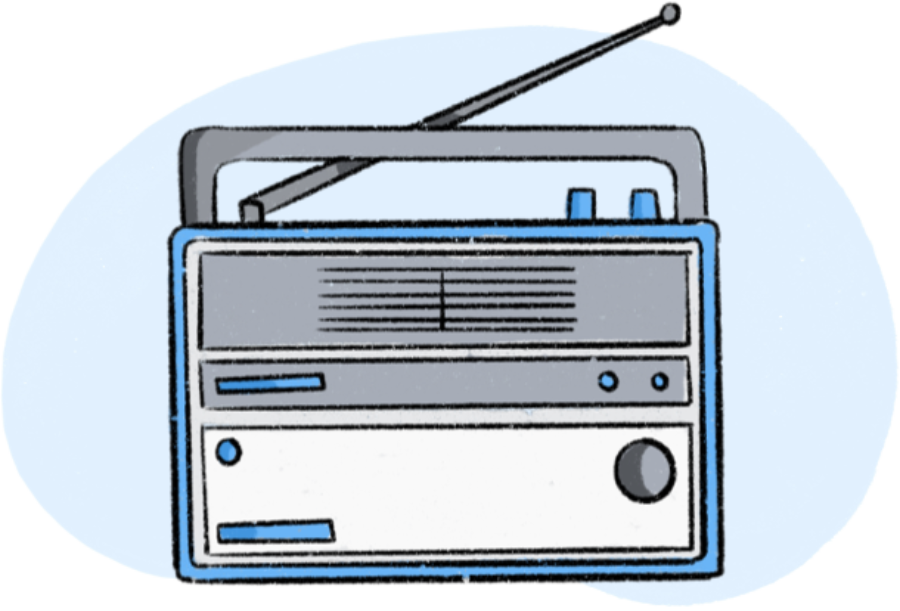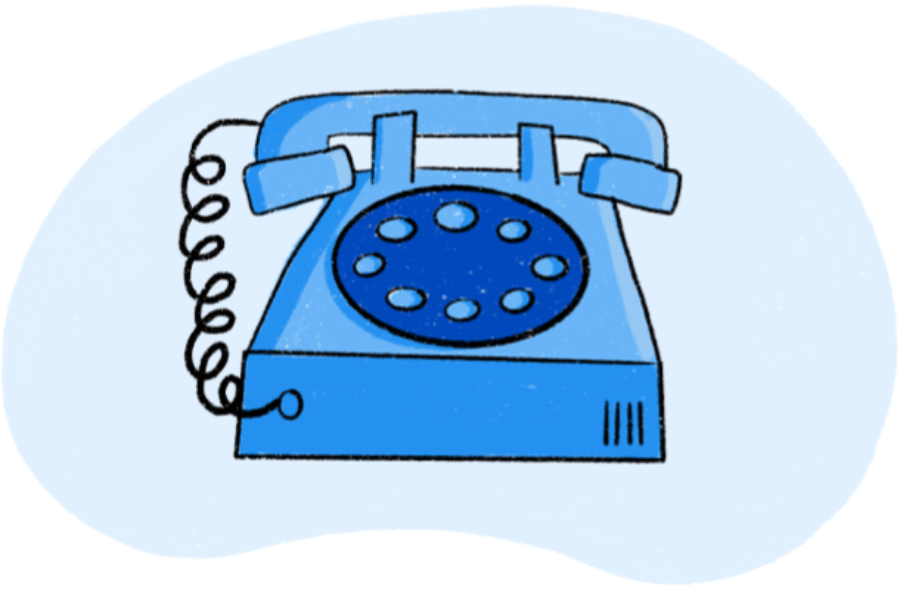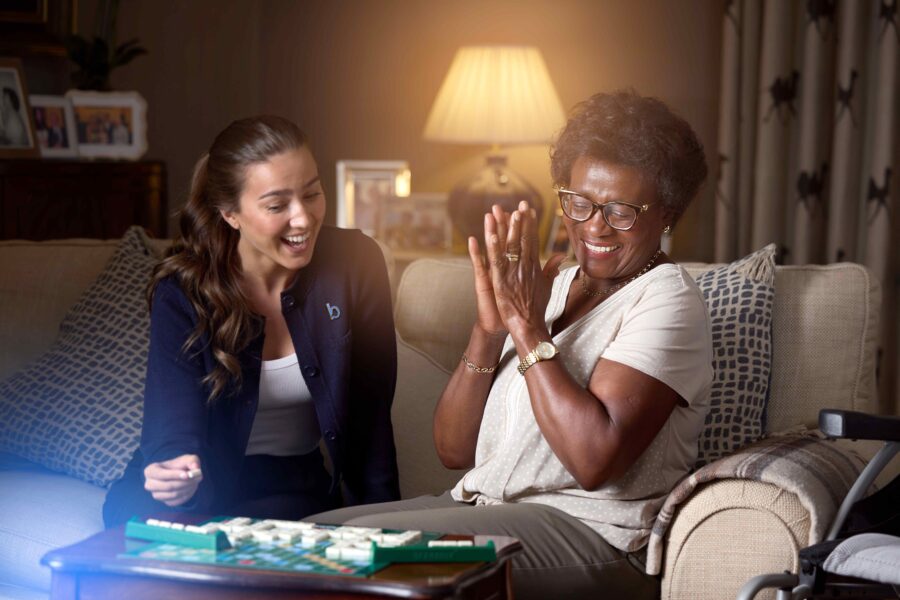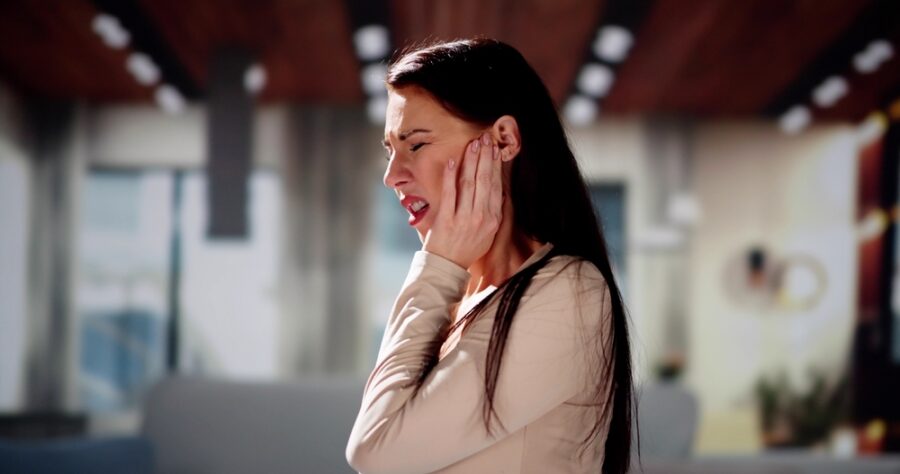

Blog post
Why is my eyesight getting worse?
Many of us may have noticed that, as we age, our vision isn't quite as sharp or clear as it used to be. The letters on a page might appear fuzzier. Reading small print becomes more challenging. Or we find ourselves reaching for brighter lighting to see clearly.
If you've experienced these shifts in your vision, you're not alone.

How can I tell if my vision is getting worse?
It's important to pay attention to any changes in your vision. Early detection of issues can lead to earlier treatment which usually means a better overall outcome.
Here are some signs that your eyesight may be deteriorating:
- Difficulty reading small print or seeing objects up close
- Difficulty driving, particularly at night
- Reaching for brighter lighting to see clearly
- Blurred vision at various distances
- Eye strain and tired eyes, especially after prolonged visual tasks
- Frequent headaches
- Squinting or straining to see clearly
- Increased sensitivity to light
If you experience any of these and have concerns about your eyesight, it's crucial to get checked by a professional to determine the underlying cause.
What are some possible reasons that my eyesight is getting worse?
Several factors can contribute to worsening eyesight. Here are some potential causes:
- Changes in prescription: As we age, the natural lenses in our eyes become less flexible, making it challenging to focus on close-up objects. This condition is known as presbyopia and is common in individuals in their 40s and beyond.
- Eye conditions: Various eye conditions can lead to deteriorating eyesight. These include cataracts, glaucoma, age-related macular degeneration (AMD), and diabetes-related eye problems. If left untreated, these conditions can significantly impact vision.

What age is normal for eyesight to start deteriorating?
It is entirely normal for eyesight to change as we age.
Many people will start noticing their eyesight getting worse in their 40’s due to presbyopia.
Other eye conditions can occur at any age but become more common as we grow older. For instance, the average age for cataract surgery is around 76.
Does astigmatism get worse with age?
Astigmatism refers to an irregularly shaped cornea or lens, causing blurred or distorted vision.
While glasses prescriptions, including astigmatism, can naturally vary over time, certain eye conditions such as cortical cataracts, can exacerbate astigmatism-related symptoms.

How to stop eyesight getting worse?
Over 50% of sight loss (due to pathology) is unpreventable.
While it may not be possible to prevent all forms of eyesight deterioration, you can take steps to reduce the risk:
- Avoid smoking, as it increases the likelihood of developing eye conditions such as AMD.
- Engage in regular exercise and maintain a healthy diet
- Protect your eyes from harmful UV rays by wearing sunglasses that provide adequate UV protection.
- Practice good eye hygiene, such as taking breaks during prolonged visual tasks and ensuring proper lighting conditions.
- If you have children, encourage them to spend time outdoors, as studies suggest it may help reduce the risk of myopia progression.
It's important to note that while lifestyle changes can lower the risk of certain eye conditions, they may not have a significant impact on existing vision problems caused by factors like diabetes or cataracts.
Does eyesight ever stop getting worse? Can my vision improve?
The progression of eyesight deterioration varies from person to person.
While many individuals may experience changes in their vision over time, there are cases where people maintain good eyesight well into their older years.
Additionally, vision improvements can occur due to changes in prescriptions, resulting in better vision without spectacles.
Can eyesight get worse quickly? What about if it’s just in one of my eyes?
If you notice a sudden and rapid decline in your eyesight or if your vision worsens in only one eye, it is crucial to seek immediate professional advice.
Some potential causes for rapid eyesight deterioration or unilateral changes include diabetes-related issues, age-related macular degeneration, and cataracts.
Why is my eyesight worse in the morning and/or at night time?
If your eyesight tends to be worse in the morning or at night, several factors could be at play:
- Dry eye syndrome: Insufficient lubrication of the eyes can cause discomfort and affect visual acuity. Using lubricating eye drops and maintaining good eyelid hygiene may help alleviate symptoms.
- Diabetes: Fluctuating blood sugar levels can impact vision, leading to changes in visual acuity throughout the day.
- Corneal issues: Conditions such as Fuchs Dystrophy can cause the cornea to swell overnight, leading to temporary visual disturbances.
If you experience persistent or concerning changes in your eyesight during specific times of the day, it’s important to get an eye exam.

Can eyesight get worse with glasses?
If your vision seems worse when wearing glasses, several factors may be contributing to the issue:
- Incorrect type of glasses: Using the wrong prescription, such as wearing reading glasses for activities like watching TV, can lead to suboptimal vision.
- Incorrectly fitting glasses: Especially with varifocals, bifocals, or higher prescriptions, improper fitting can affect visual clarity.
- Outdated prescription: If you haven’t had an eye test in a while, your eyesight may have changed, and you may need a different prescription.
- Dirty glasses: Smudges, fingerprints, or debris on your glasses can impair your vision. Keep your glasses clean for optimal visual performance.
An optician will be able to offer advice if you're experiencing persistent issues with your glasses.

What should I do if I am concerned about my eyesight getting worse?
If you have concerns about vision loss or notice changes in your eyesight, it's important to get an eye test.
The optician will assess your visual health, identify any underlying issues, and provide appropriate recommendations or treatments to address your specific needs.
At OutsideClinic, we offer a convenient home-testing service, bringing comprehensive eye examinations right to your doorstep. Our eye specialists are based all over the UK.
NHS funded at-home eye tests are available for eligible individuals who find it difficult to leave their home.
Check your eligibility for a sight test at home
If you would prefer the convenience of an at-home eye test, but you don't qualify for NHS funding, private home eye tests are available for £60.
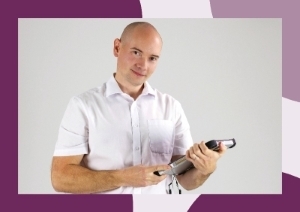
The insights and expertise shared in this article are brought to you by...
Matthew Burford BSc(Hons) Optometry MCOptom, Professional Services Manager at OutsideClinic
Matthew graduated from Aston University in 2004 before finding his passion for domiciliary eye care and joining OutsideClinic in 2005.


